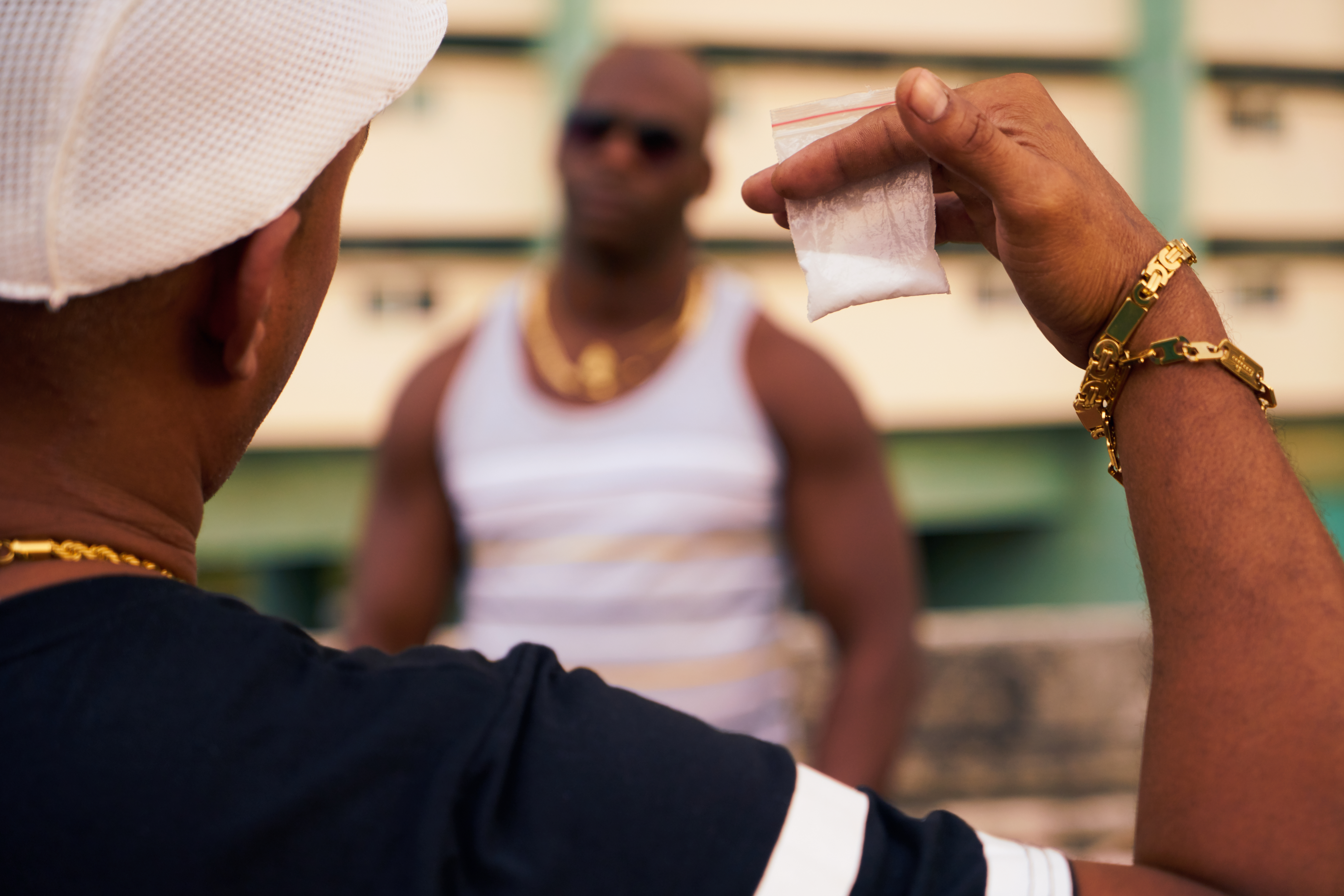Law enforcement officials say there are, and that drastic measures are needed to protect residents from the kinds of big-city gang activity that might creep into the area.
According to law enforcement, there are multiple gangs operating in Horry County, including Myrtle Beach and Conway – this is true, but it can also become a scare tactic designed to make it easier to get convictions against all kinds of defendants.
As Fifteenth Circuit Solicitor Jimmy Richardson says, Horry County is “a fertile ground for (gang activity) because you’ve got millions of tourists and tons of money, and you’ve got an opioid problem.”
Are MS-13, Bloods, Crips, Folk Nation, and Latin Kings in Horry County?
The large, national gangs that plague the nation’s big cities – groups like MS-13, Latin Kings, Folk Nation, the Bloods, and the Crips – don’t have a significant presence in the area according to the circuit solicitor and law enforcement.
Despite this, according to law enforcement, there are 54 gangs in the county, and police have identified about 1,500 people who are affiliated with them.
By the time it gets here, it’s much more splintered into the Third Street Boys and the Fifth Street Boys and that sort of stuff,” Richardson said. “But the lack of a national presence certainly leaves room for people to come in, the opportunity for people to come in.
Richardson and police leaders worry that the anonymity offered by large crowds of tourists, the constant movement of money in and out of the area, and Horry County’s opioid problem might attract gangs that are more organized, more dangerous, and more connected to larger groups.
The Centers for Disease Control and Prevention says South Carolina is among the hardest hit states in the nation’s opioid epidemic, and Horry County had more overdose deaths – 101 – than any other county in the state in 2016.
Does It Matter If A Suspect Is Involved with A Gang?
If someone commits a gang-related crime in Horry County, their affiliation with a gang can certainly be relevant at trial. But, when prosecutors and law enforcement officials know about a defendant’s ties to a gang, they use that information against defendants even when they face charges that have nothing to do with gang activity.
Prosecutors will attempt to use any gang affiliation to convince jurors that they need to protect themselves, their families, and their communities. The strategy is simple – use “ties” to gangs to frighten jurors and increase the chances of a guilty verdict and harsh penalties – even when the charges have nothing to do with gang activity.
How Do Authorities Know If You’re in a Gang?
A lot of defendants make no attempt to hide their involvement with gangs. They may have tattoos or wear clothing meant to show their loyalty to a gang.
When people are taken to the county jail, there is usually a booking officer who is trained in gang recognition. They will ask about a suspect’s gang affiliations and take photos of any tattoos they think are evidence of gang involvement. The officer will then enter the defendant’s information into a database meant to help law enforcement keep tabs on gang members and their activities.
Booking photos, tattoos, admissions by gang members, and information they gather from other gang members can all be evidence that prosecutors will attempt to present to show a defendant’s gang involvement.
SC Criminal Defense Lawyers in Myrtle Beach, Conway, Columbia, and Charleston
If you are charged with a crime and police believe you are a gang member, that is prejudicial information that, in most cases, should be excluded at your trial – when jurors are told that you are a member of a gang, self-preservation and fear instincts kick in and it becomes hard to get a fair trial on the merits of your case.
The criminal defense lawyers at Coastal Law are familiar with local gangs and SC law concerning when gang affiliation is admissible at your trial. Call now at (843) 488-5000 or fill out our online form to find out how we can help.


